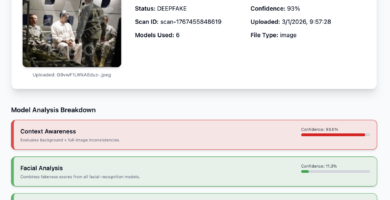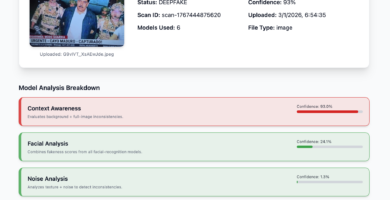
On August 14, 2024, GitHub, the world’s leading platform for code hosting and collaboration, faced a significant global outage that left millions of developers unable to access their repositories and projects. The disruption began around 6:42 PM ET and quickly escalated as reports of connectivity issues poured in from across the globe, affecting users in regions as diverse as North America, Europe, and South America.
ℹ️ Note: Code hosting platform GitHub is currently experiencing international outages; incident not related to country-level internet disruptions or filtering #GithubDown pic.twitter.com/lpl8pWWkno
— NetBlocks (@netblocks) August 14, 2024
This outage has had a widespread impact on both individual developers and organizations that rely heavily on GitHub’s services for version control, continuous integration, and project management. Users reported issues with accessing Git repositories, loading assets on the platform, and even experiencing significant delays in CI/CD pipelines.

Interestingly, this outage is not related to any country-specific internet disruptions or filtering, which has been a concern in some parts of the world. Instead, it seems to stem from internal technical challenges within GitHub’s infrastructure. While the exact cause remains under investigation, the issue is linked to a sudden and unusually high load on one of GitHub’s file servers, which caused a ripple effect across their systems (The GitHub Blog) (StatusGator).
During this time, the GitHub status page has been actively updating users, acknowledging the degraded performance and ongoing efforts to resolve the situation. However, the intermittent nature of the service disruptions has made it difficult for developers to predict when normal operations will resume (Is The Service Down?).
For developers and teams, this outage highlights the vulnerability of centralized platforms in the software development lifecycle. It also sparks discussions about the potential benefits of decentralized version control systems that could provide more resilience against such widespread disruptions (DesignTAXI).
As GitHub continues to work on restoring full functionality, users are encouraged to monitor their official status page for real-time updates and to consider backup strategies for critical projects to mitigate the impact of future outages.

Cuando las cookies no son suficientes: cómo el rastreo del navegador amenaza tu privacidad en línea (y cómo combatirlo)

The Actual Story of the Top Secret Slot Strategy

Trump confirma captura de Maduro en conferencia desde Mar-a-Lago

Imagen oficial confirma captura de Maduro: publicada por Trump, replicada por la Casa Blanca y validada como auténtica

Deeptrack Gotham: imagen de Maduro con uniforme es auténtica según análisis

Nueva imagen de Maduro capturado también presenta signos de manipulación digital

Corina Machado: “Esta es la hora de los ciudadanos”

Habrá que hacer algo con México: Trump tras ataque en Venezuela

Maduro rumbo a Nueva York y Delcy en Moscú: lo que se sabe hasta ahora

Imagen de la captura de Maduro: análisis preliminar sugiere posible manipulación digital


